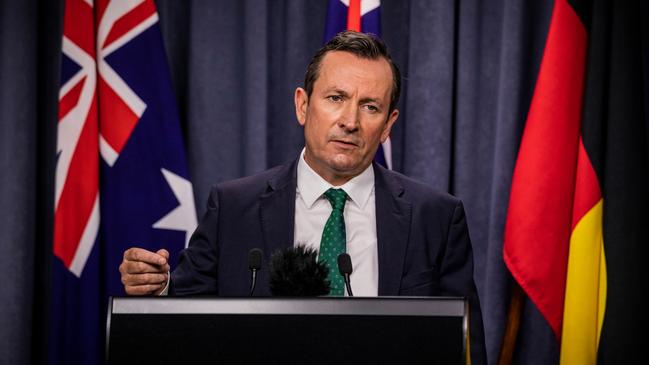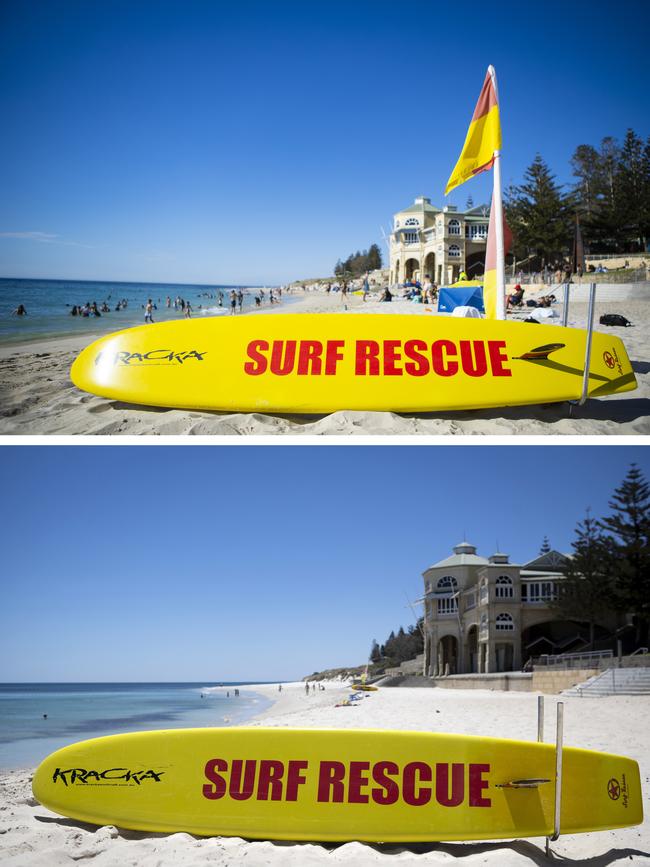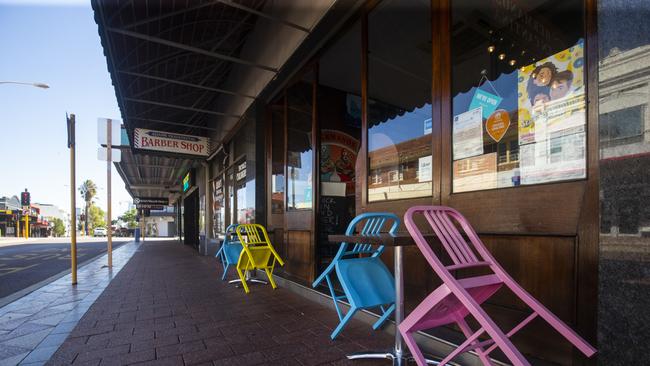This COVID-19 health advice is making us sick
In just six weeks, three state capitals have been fully or partly locked down. No sane civilisation can do this in perpetuity.

Stay out of the sun, exercise for 20 minutes a day, don’t smoke. Let’s face it, most of us ignore much of the health advice in our daily lives, judging life is about living as well as simply being alive.
None of this advice is trifling, either. More than three million people die of alcohol-related diseases year after year, according to the World Health Organisation.
Tobacco-related cancer kills about 10,000 people annually in Australia, according to the Cancer Council. In the US, where 40 per cent of adults are obese, diabetes killed 270,000 Americans in 2017.
Yet we don’t ban alcohol, cigarettes or sugar.
The “health advice” for COVID-19, however, has become almost sacred, dominating other considerations. Leaders bat away any criticism of restrictions by reference to it.
In what must be the greatest overreaction in health policy history, Western Australia’s government put Perth, a city of two million people, in hard five-day lockdown on Sunday because one perfectly healthy man in his 20s tested positive for COVID-19.

Even Auckland, after two new cases emerged last week, didn’t go into hard lockdown.
In 38C heat on Monday, masks became compulsory in one of the most sprawling and isolated capital cities in the world.
Why? “The health advice,” said Premier Mark McGowan.
If the health advice is to shut down major cities for a week and put travel plans in disarray whenever someone tests positive on a PCR test for COVID-19, the health advice — just as it so often is for drinking, flossing and smoking — should be politely declined. Thanks but no thanks. Just as war is too important to be left to the generals (as Georges Clemenceau once said), civil liberties and livelihoods are too important to be left to health bureaucrats.
In an interview last week, South Australia’s Chief Medical Officer suggested checking in with QR codes should remain after the pandemic had passed so we are better prepared for the next one, which climate change had, she said, made more likely.
My economic advice is that the health advice is increasingly unsustainable, given doubts about the efficacy of forthcoming vaccines, and even illogical.
Last week, the International Monetary Fund said the pandemic had cost governments $US14 trillion. Here, combined federal and state government debt is on track to rise from the equivalent of 42 per cent of GDP in 2018 to 74 per cent by this year — a much bigger increase than any other major country.

That’s about an increase of $640bn. Let’s hope we’ve saved a lot of lives. Servicing this debt is cheap now but may not always be.
Lockdowns, assuming they work, have a certain logical appeal if vaccines on the horizon will snuff out the virus once and for all.
New COVID-19 vaccines are a triumph of science but it’s still unclear how much immunity they confer, whether they prevent asymptomatic spread, and their effectiveness at protecting the elderly and sick.
Even if all these boxes are ticked, governments will somehow need to entice large shares of their population to take them, if so-called “herd immunity” is to be reached. If not, sporadic cases will continue to pop up, especially if long-term immunity requires regular booster shots.
Influenza is at least as great a health threat to young people as COVID-19, yet many, presumably rationally enough, do not choose to receive annual flu vaccines. Thus, if COVID isn’t going to go away, locking down whole cities every time a few cases emerge for years on end can’t seriously be entertained.
Even as health measures, Brisbane and Perth-style mini-lockdowns don’t make much sense. It’s well known the incubation period of COVID is up to 14 days. If Perth reaches the end of this week without any new cases emerging, it doesn’t mean the lockdown “worked” or that the offending security guard who tested positive hasn’t infected anyone.
It’s now 10 months since state and federal governments began enforcing the health advice to the letter. In the space of six weeks, three state capitals have been fully or partly locked down. No sane civilisation can lock down like this in perpetuity. It’s time we question the sustainability and logic of the health advice. A death is no less a loss because the cause wasn’t “contagious”.
Shopping at Coles on Monday in Sydney’s Kings Cross I was surprised at how many young people were still wearing masks. Compulsion ended last week; no one in a state of eight million people was in ICU with COVID-19, and there hasn’t been a new case for more than a fortnight. Is it the ritual aspect of COVID rules that appeal? Perhaps they don’t realise the costs of the health advice fall most heavily on them, not only in terms of higher taxation in the future, but through fewer economic and social opportunities.
In late 2019, the Lancet medical journal concluded millennials (born 1980 to 1995) faced “an entrenched cycle of economic circumstances that have worsened health outcomes compared with previous generations, and which might further negatively influence their economic prospects”.
High cholesterol, hypertension, depression, alcohol and substance abuse were all more common than among Generation X. If that were true in 2019 it’s going to be far more true now. If you’re under 40, you’re listening to the wrong health advice.








Do you floss every day? Have no more than 10 standard alcoholic drinks a week? I confess I follow this health advice less than religiously, especially over the summer months.